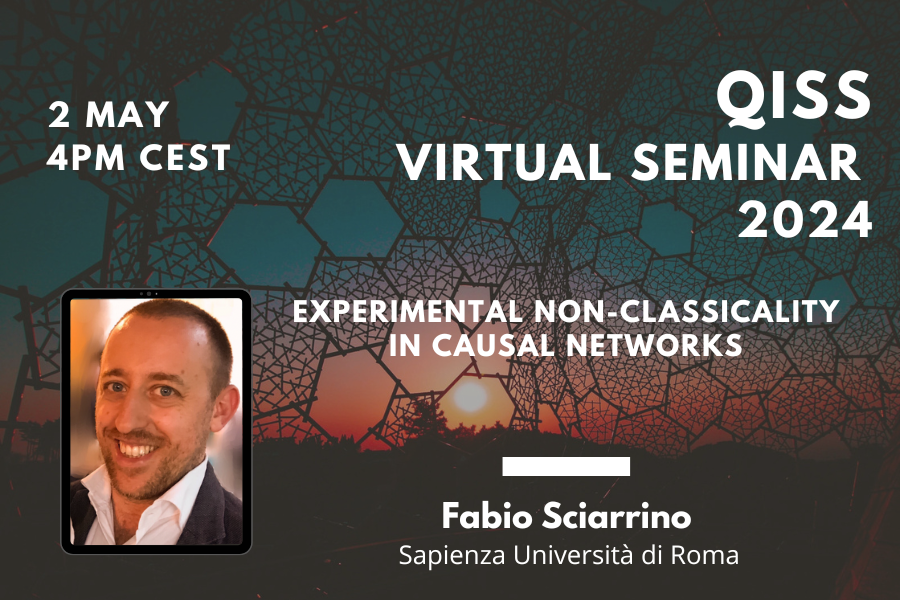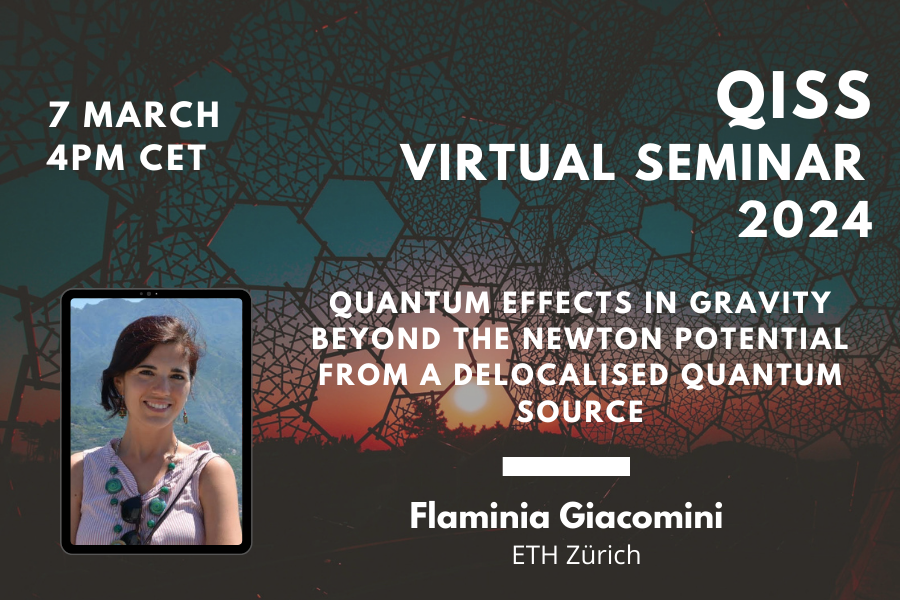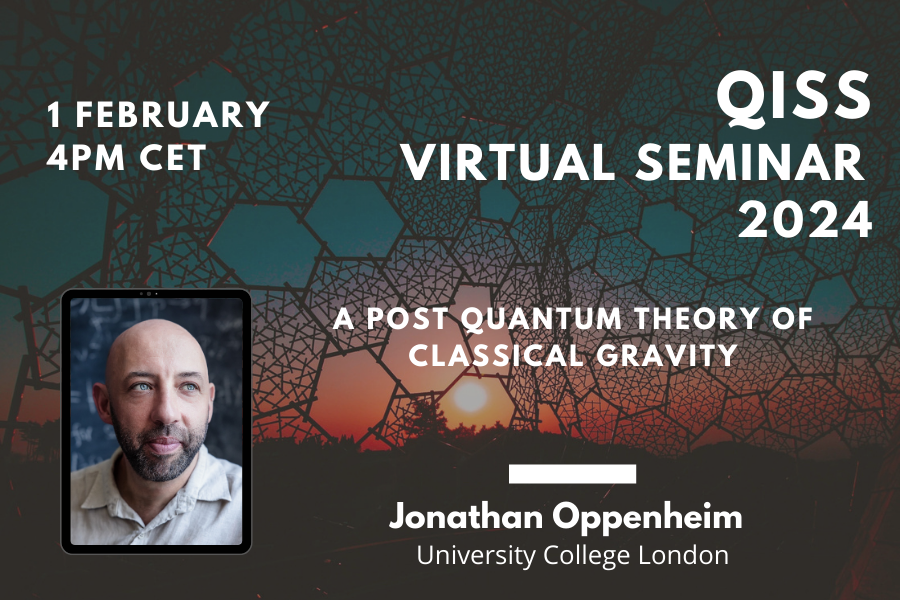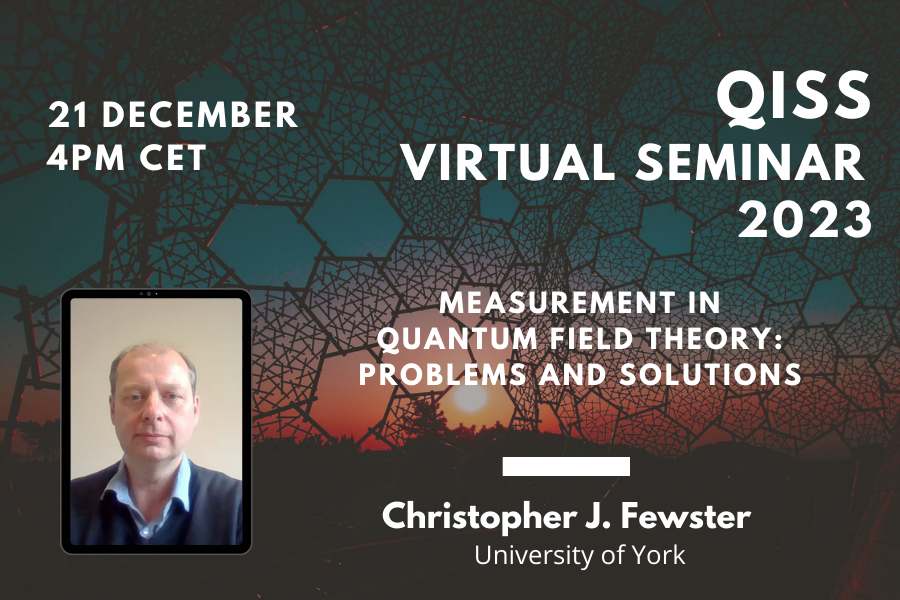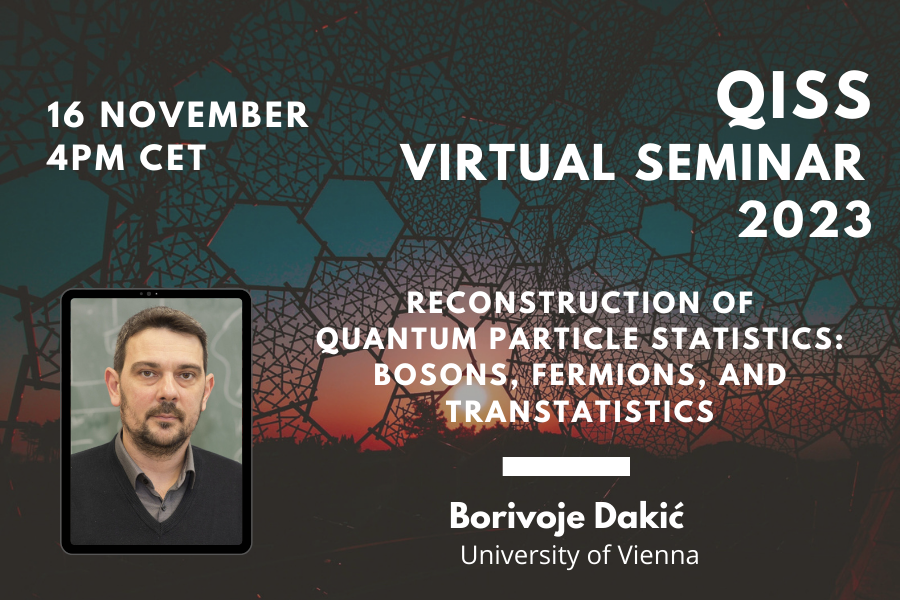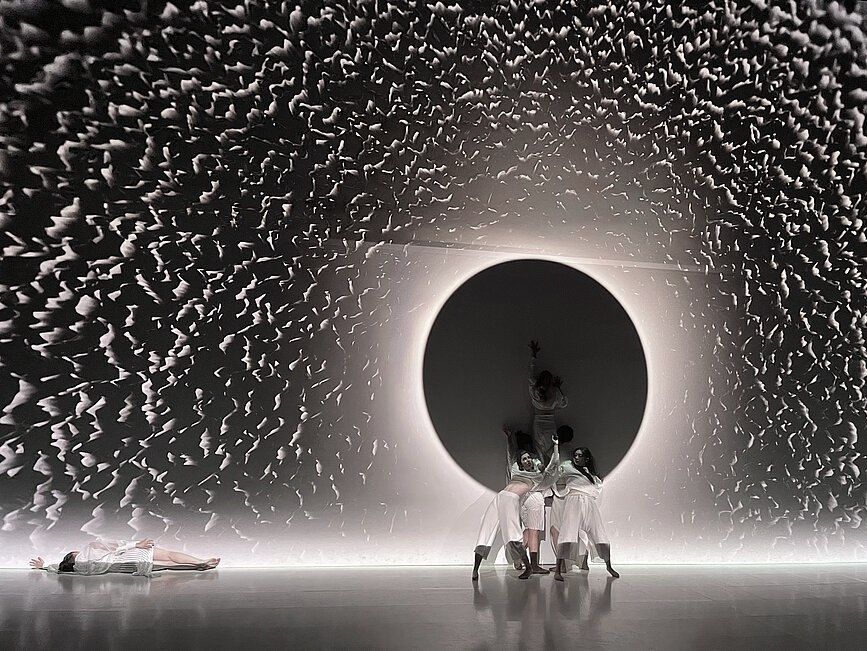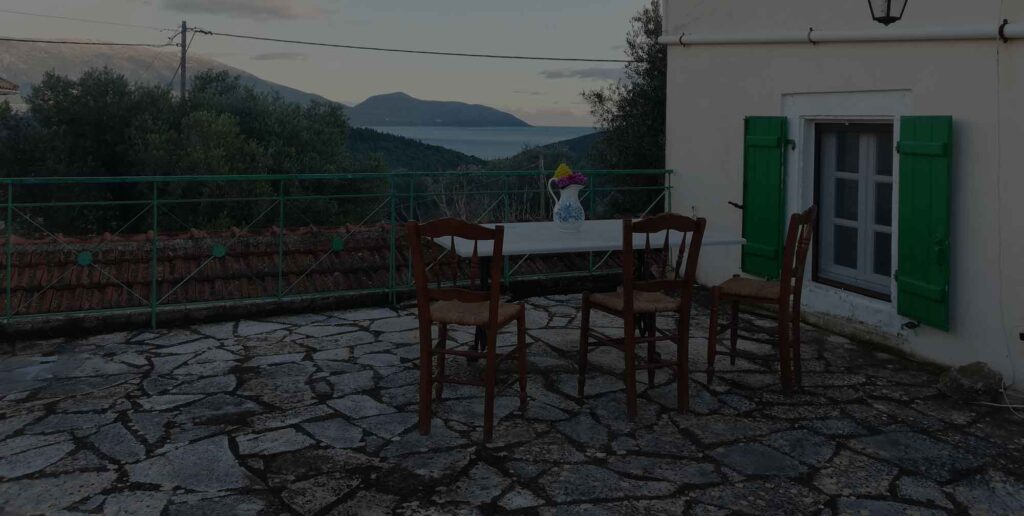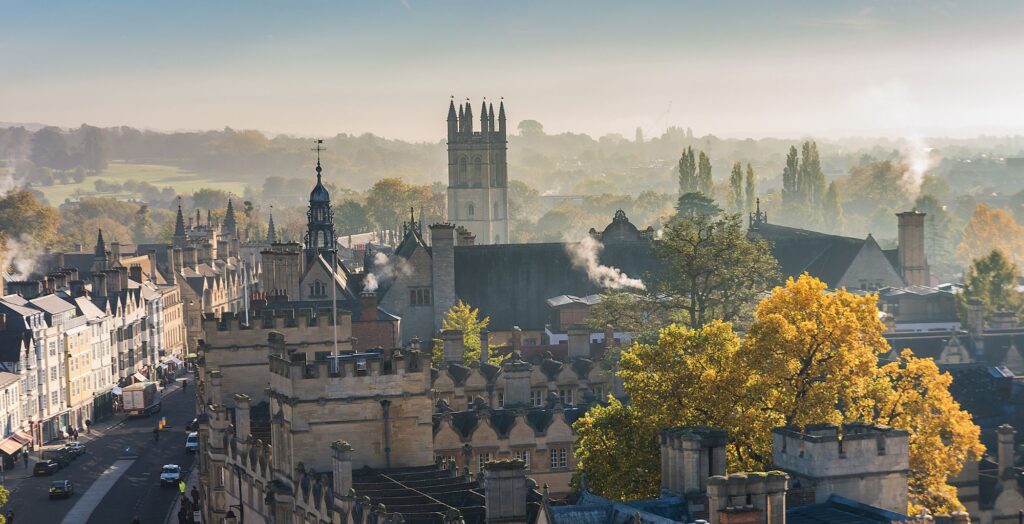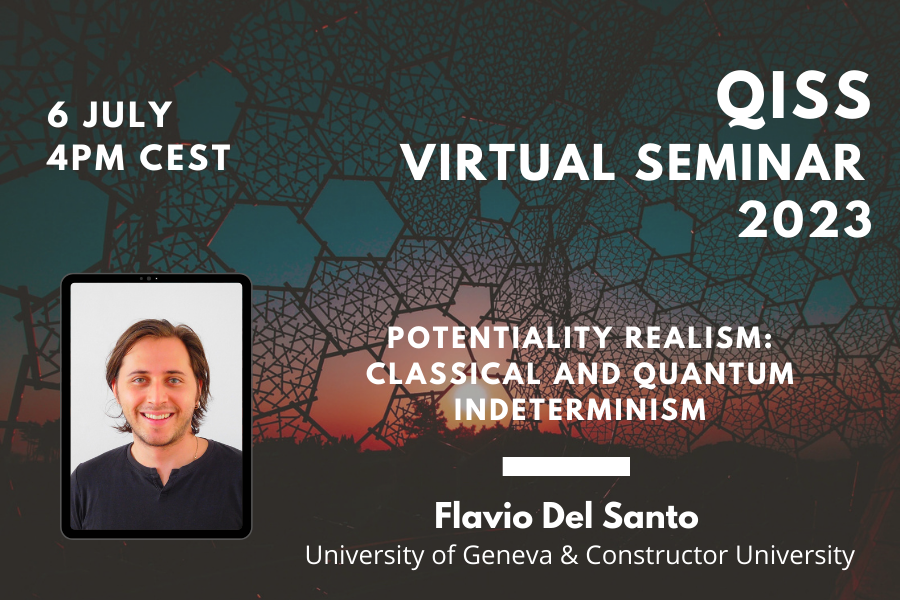Renate Loll
Radboud University NijmegenReally nonperturbative quantum gravity
I will sketch the toolbox and achievements of modern lattice quantum gravity, aka solving the full 4D Lorentzian gravitational path integral, using causal dynamical triangulations (CDT). It provides us with a long-sought window on physics in a near-Planckian regime, where geometry is highly nonclassical and not describable in terms of standard tensor calculus. With concrete answers to longstanding issues of how to properly implement diffeomorphism invariance, causal structure and Wick rotation, we are now focusing on interesting, approach-independent questions on the nature of nonperturbative quantum gravity and its observables. Based on results on the dynamical emergence of a 4D universe with de Sitter properties from first principles, early-universe cosmology may be our best bet in terms of quantum gravity phenomenology.

